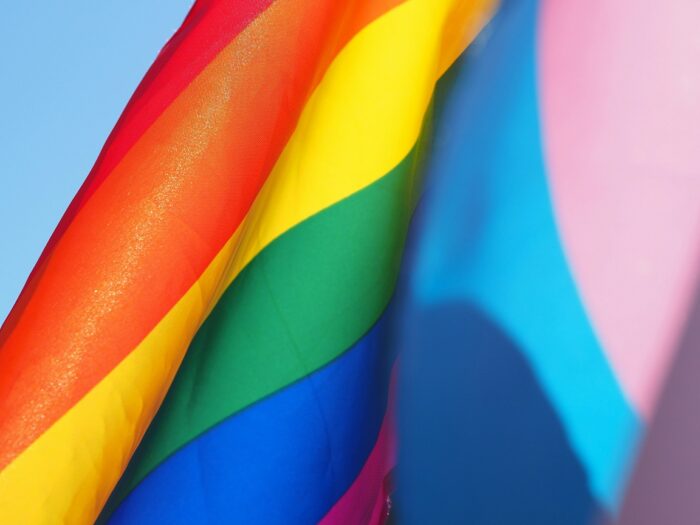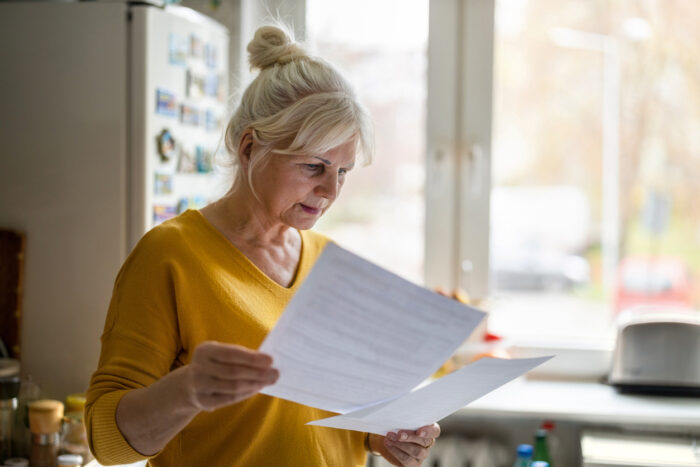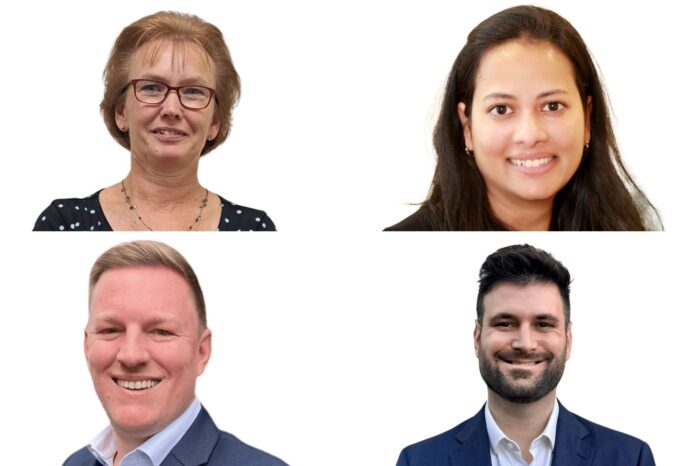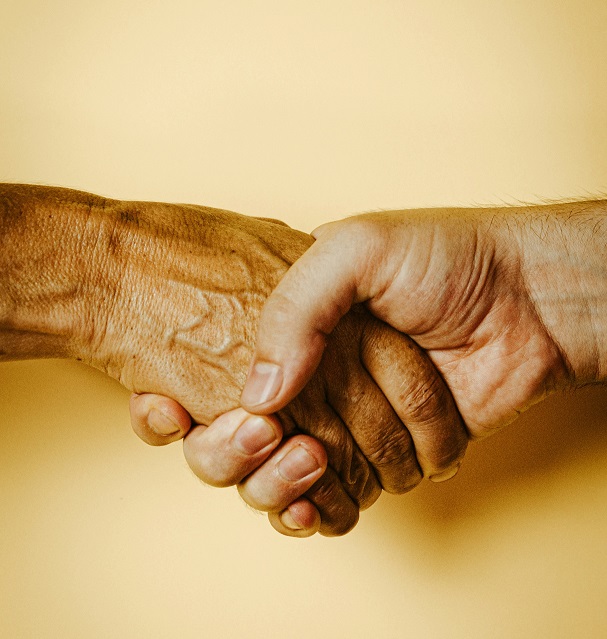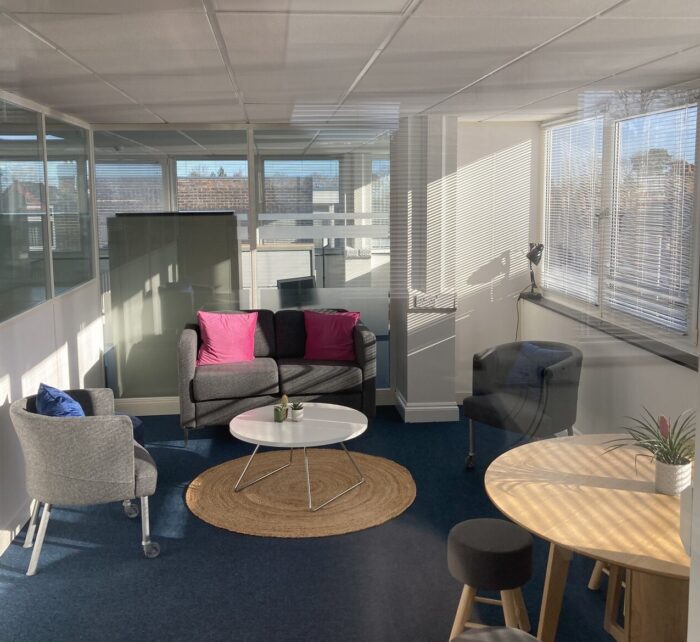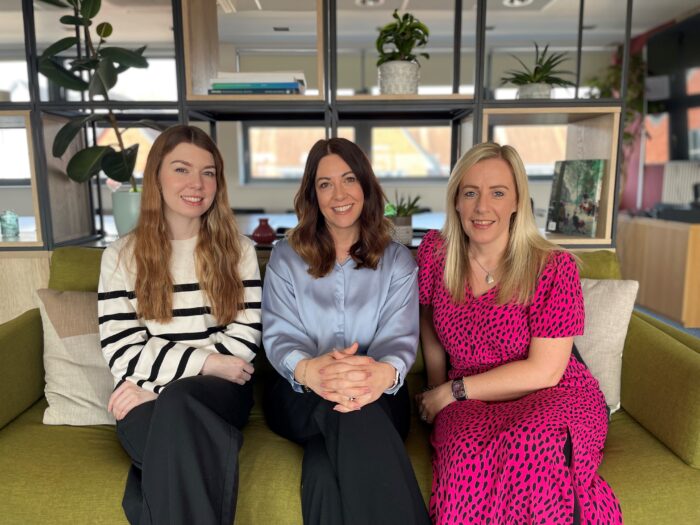Private Client
Charitable Donation and Inheritance Tax Relief
A little-known but highly valuable Inheritance Tax (IHT) relief exists when charitable donations are made from an estate. Rather than being a tax that is paid, this relief actually reduces the overall rate of IHT
Read More
Jessica Partridge
|
10th July 2025

